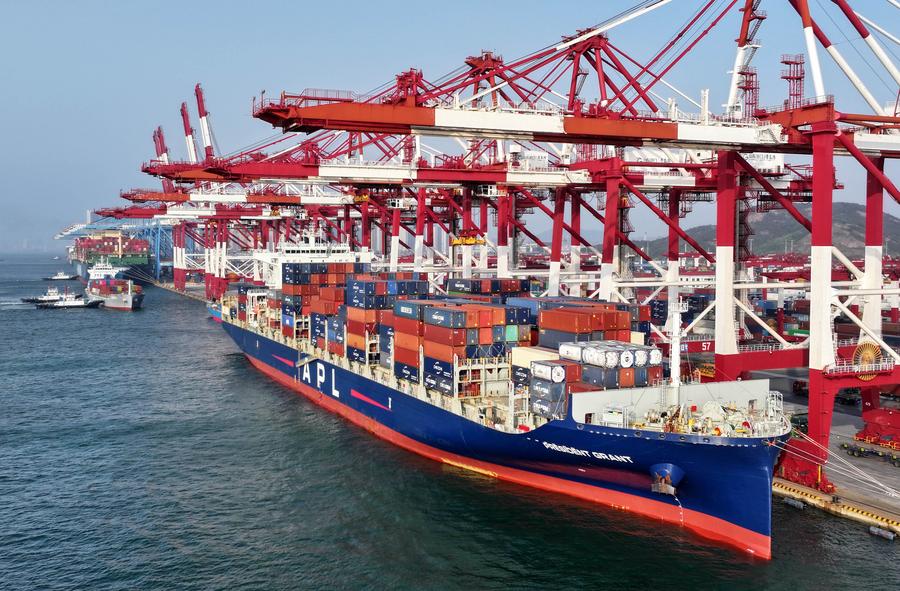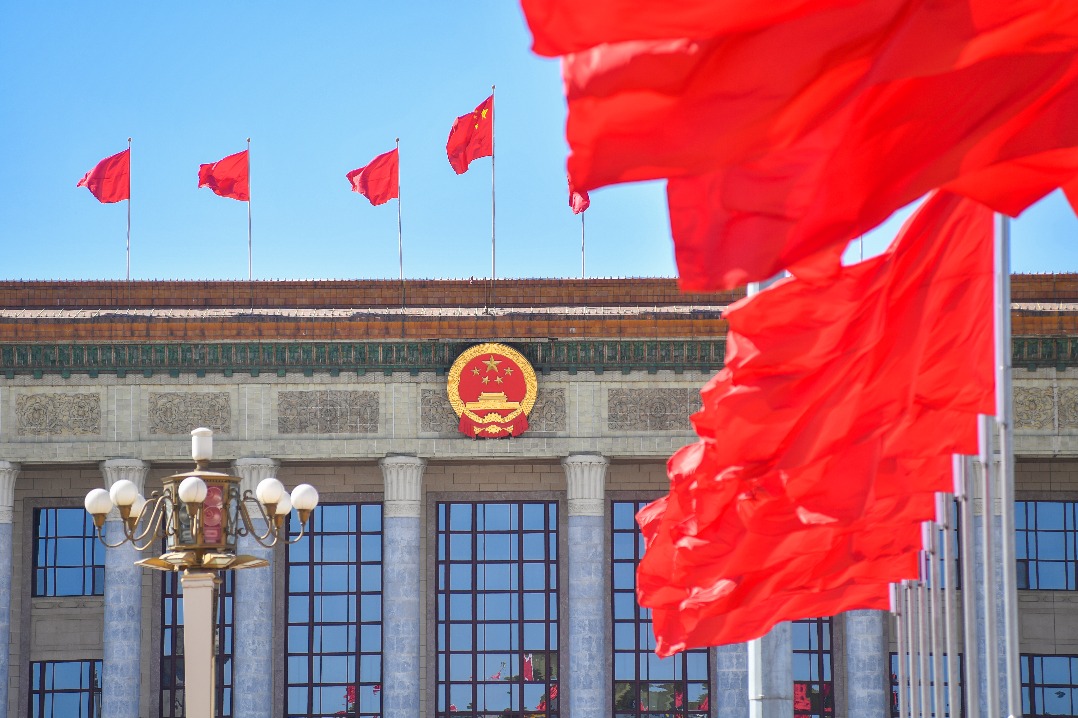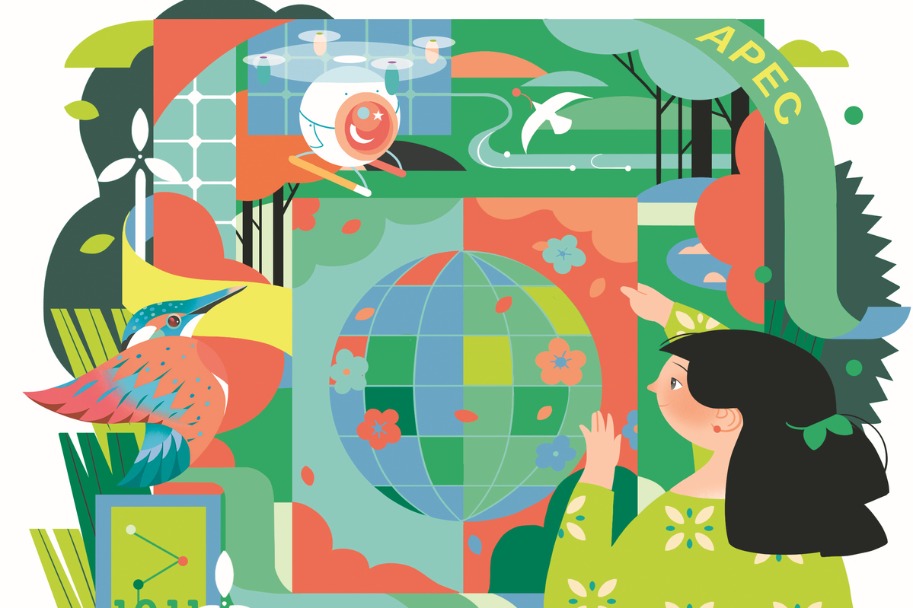Safeguarding the UN's core mission


Since China restored its seat at the United Nations 54 years ago, it has assumed a major role in the UN System, including as a constructive permanent member of the Security Council and an active development partner of the Global South. Evidence of this is China's election to all major UN bodies and partnerships with several UN agencies such as the WHO, ITU and FAO. China is now the second-largest contributor to the UN budget, the largest official investor in development projects in the developing countries and a major contributor to UN peacekeeping operations. Yet, the "culture" and senior positions within the United Nations and its agencies continue to be dominated by some Western powers.
It is thus ironic that the United Nations today faces an existential crisis due to the hostility of those who dominate the Organization. The UN is often criticized for failing to prevent and end the multiple conflicts that are raging across the world. However, the responsibility for this failure does not rest with the UN. It is the consequence of the rampant geopolitical ambitions of some powers. Nor can the world body be blamed for the parallel erosion of development cooperation and non-implementation of solemn commitments by the rich countries to advance the sustainable development goals. The UN is also not to blame for inadequate attention by the international community to global threats — poverty, climate change, ethnic and religious conflicts and terrorism.
The "coup de grace" to the crippled world organization may be delivered by the hostile posture and financial cuts imposed by the UN's largest contributor. Already, its blockage of emergency aid is causing considerable suffering among poor populations, particularly in conflict zones.
To prevent global chaos, it is essential to preserve the noble purposes and principles of the United Nations Charter and ensure that the organization is equipped to address the current and emerging multidimensional challenges.
UN Secretary General Antonio Guterres has initiated a reform process in the context of the upcoming 80th anniversary of the United Nations. There is no doubt that the UN structures and processes can be significantly improved to enhance efficiency and effectiveness, reduce overlap and duplication, improve outdated working methods and enhance performance. However, it is also necessary to acknowledge the outstanding and indispensable contributions by the UN and its personnel in critical areas and situations.
The reform proposals are being formulated by the UN bureaucracy which seems anxious to accommodate and adapt to the coercive budgetary cuts which are being arbitrarily imposed or threatened. There is also a concern that the reform process could be exploited by some ambitious powers to secure unequal privileges in the Security Council and other UN bodies.
It is vital that the reform exercise does not end up in compromising the UN Charter's purposes and principles, or its responsibilities for the maintenance of international peace and security and the promotion of economic and social development, or the commitments solemnly agreed by member states at UN conferences and summits to advance these objectives.
At this moment of crisis, China can come to the rescue of the United Nations and the multilateral system. President Xi Jinping's three global initiatives — on security, development and civilization — offer an appropriate framework for a future world order that is more peaceful, prosperous and harmonious for all humanity.
While some dissonant voices see security as best imposed by large states through domination and military alliances, an international consensus can be constructed on the basis of the principles outlined in the Global Security Initiative: State sovereignty and equality; indivisible security; dispute resolution through dialogue and mediation; and multilateral cooperation in all security domains.
The recent establishment of the International Organization for Mediation, initiated by China, can be a significant platform for peaceful resolution of the multiple disputes that currently threaten international peace and security. UN reform must also serve to prevent external interventions, revive arms control and disarmament and end terrorism in all its forms.
There is already widespread support among UN member states for China's Global Development Initiative. Concrete projects have been launched, through consultations among the nearly 100 members of the "group of friends" of GDI, in the eight identified areas critical for achievement of the SDGs.
China's Belt and Road Initiative, with almost 140 partner countries, offers a vital avenue to build the physical and human infrastructure essential for sustainable development and an inclusive and equal global economic system. Such a system, encompassing trade, finance and technology, can be best negotiated within inclusive multilateral institutions, not in exclusive formats.
The current approach to human rights within the United Nations coercively propagates the cultural and political priorities of the West. This approach has exacerbated political and cultural divisions between different civilizations, the West and the East, the North and the South. An approach based on development and dialogue is the best way to advance human rights — as China has demonstrated by lifting about 800 million people out of poverty since the late 1970s.
The approach outlined in the Global Civilization Initiative — respect for cultural diversity, mutual learning, dialogue and understanding and joint advancement of development and human civilization — offers a good guide to advance the third pillar of the United Nations.
The process of UN reform must be led by member states, particularly the Global South. It was a coalition of "like-minded countries" which were able, at last year's Summit of the Future, to ensure acceptance of critical commitments on security, development, environment, technology and global governance. China was a leading member of this group. A similar "coalition of the willing" — all those genuinely committed to the vision of the UN Charter — should come together to ensure that UN reform preserves multilateralism and the central role of the United Nations in the emerging world order.
The author is a seasoned diplomat and former permanent representative of Pakistan to the United Nations in New York and Geneva. The views don't necessarily represent those of China Daily.
If you have a specific expertise, or would like to share your thought about our stories, then send us your writings at opinion@chinadaily.com.cn, and comment@chinadaily.com.cn.


































